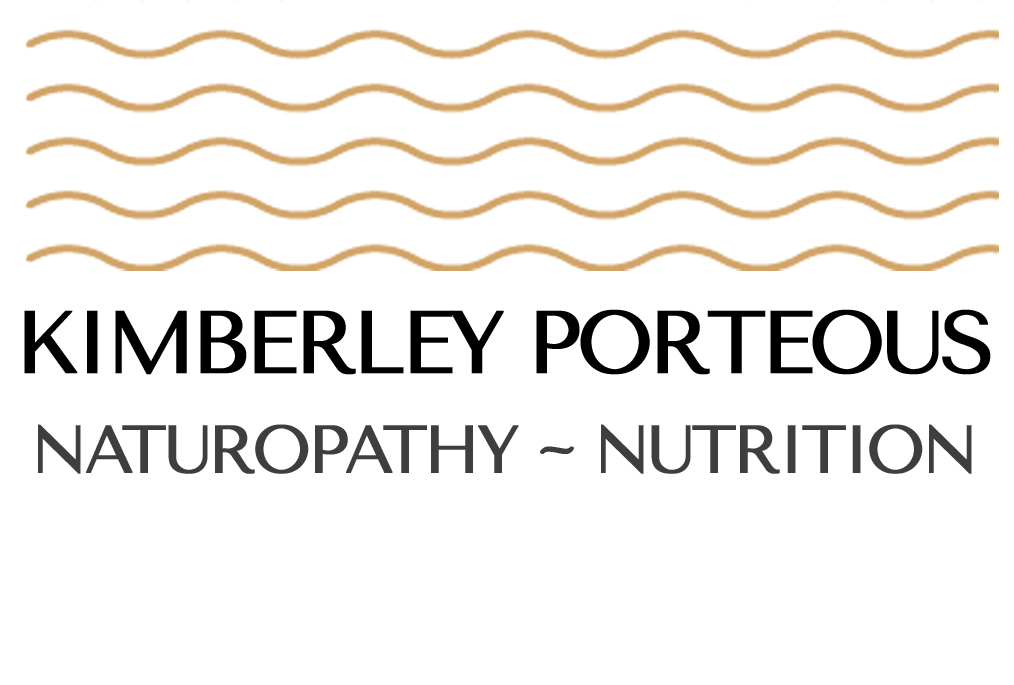
How to find the right naturopathic practitioner for you.
So you’ve decided to try seeing a naturopath to resolve your unexplained chronic symptoms, despite being told that everything looks normal on your lab results.
Perhaps you’re hoping to either prevent or slow the progression of a debilitating health condition.
Maybe you’re looking for evidence-based medical solutions in a non-pharmaceutical form, or you’re ready to feel empowered to play a more active role in your health and wellbeing.
Or perhaps you are intrigued that naturopaths seek to identify and treat the root cause of illness, instead of turning down the volume on the symptoms while leaving the underlying damage running.
How then do you choose a naturopath who is right for you?
Degree qualifications
As naturopathy in Australia is not a protected title, any shonky un-trained individual can claim to be a naturopath despite not holding the required educational level and professional training.
A four-year science bachelor’s degree is now the minimum standard for naturopathy education in Australia, so check that the naturopath you are considering holds one.
Some naturopaths who have been practicing for a decade or more may still hold only an Advanced Diploma qualification and be very good, highly-experienced practitioners; in this case, check that they hold membership of a professional association which helps regulate they maintain professional educational standards each year.
Professional associations
As stated above, membership of a professional health association is your best bet for ensuring the naturopath you are considering holds the minimum educational and professional qualifications to practice.
If their website or employer does not provide information of which association they are a member of, contact them to ask.
Professional associations to look for in any naturopath’s profile are the NHAA, ANPA, ANTA and ATMS.
The Naturopaths and Herbalists Association of Australia (NHAA) has been operating for over a century and has very high standards for membership. This association prizes scientific research, continual education, and the complete integration of naturopaths into the Australian conventional medical system. It publishes its own scholarly journal, hosts biennial conferences and holds members to strict ethical standards. It fully supports statutory regulation of naturopaths with the Australian Health Practitioner Regulation Authority. Search for NHAA members here.
Full disclosure: as an NHAA member I know that organisation best, however any inclusion of one of the below associations is also an assurance of minimum professional and educational standards.
The Australian Naturopathic Practitioners Association (ANPA) also supports professional regulation for naturopaths and full membership is only open to naturopaths who have trained at one of the two education providers which offer bachelor’s degrees.
The Australian Natural Therapists Association (ANTA) represents a range of natural health practitioners including aromatherapists, acupuncturists, remedial massage therapists and nutritionists. Naturopaths must be graduates of one of the degree-granting institutions to join.
The Australian Traditional Medicine Society (ATMS) also represents a wide range of natural health modalities. An Advanced Diploma is the minimum education standard for membership as a naturopath. Therefore any naturopath who is a member of the ATMS may not actually hold a four-year bachelor’s degree. The ATMS does not support naturopaths seeking statutory regulation.
If a naturopath claims to be a member of another professional association not mentioned here, ask them whether the association is recognised by the World Naturopathic Federation to assess whether they are legitimately qualified.
Bonus marks if they are members of ARONAH
Naturopaths are very much bound by the law and by governmental codes of conduct for health practitioners. However naturopathy in Australia is not (yet) a registered profession in the way that osteopaths or Traditional Chinese Medicine practitioners are.
Members of the Australian Register of Naturopaths and Herbalists (ARONAH), want this to be the case, so in the absence of statutory registration they have committed to increased rigorous professional vetting, and hold additional insurance to other Australian naturopaths.
Membership of ARONAH is a form of registration which mirrors the educational and professional oversight which statutory registration would require.
Simply put, registration with ARONAH helps ensure public safety and is a sign of a naturopath committed to the highest levels of professionalism and scrutiny.
Check their membership directory to find naturopaths who have opted in to ARONAH accreditation to become registered naturopaths.
Check their interest areas
Another way to choose the right naturopath for you to is browse their website to see which conditions they have a special interest or expertise in. If this looks like a good fit for your health concerns, read what they may have written on their website to see if you resonate with their treatment philosophy.
If you don’t see your particular concern listed, call them to ask. While you are talking to them, ask what conditions they don’t claim to treat or what patient population they don’t specialise in. For example, they may not have expertise in working with paediatric populations or with cancer patients. If they offer to refer to you to another practitioner better suited to your condition, this is an excellent sign of an ethical and honest practitioner.
Collaboration with conventional health practitioners
I happen to believe that expressing a willingness to work closely with GPs and the conventional medical system on the care of shared patients is an asset, so finding this on a practitioner’s website or in online reviews is a bonus.
Naturopaths should not be the sole healthcare provider of a patient. Shared care between a GP and a naturopath equates to better care, in my book.
Ask for referrals from friends
Asking around amongst family, friends, work colleagues and other health practitioners is often the most valuable way to assess the naturopath’s care, skill and integrity.
Personal referrals are also the best way to keep a small business such as a naturopath alive, so telling others about your own positive experience is appreciated!

3 Comments on How to choose a naturopath
Comments are closed.